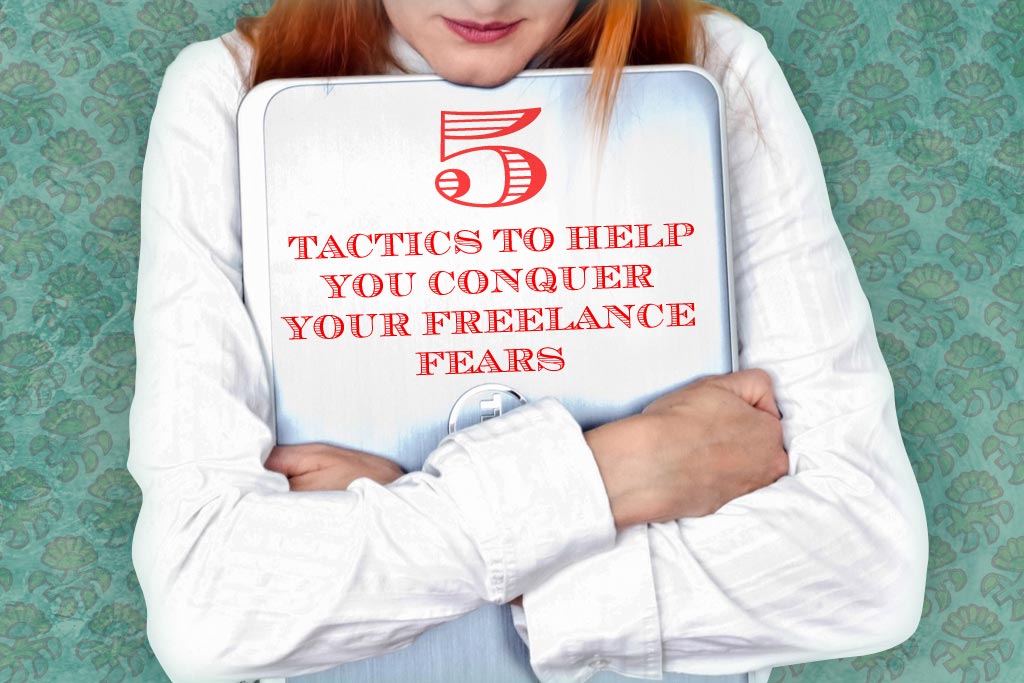Why ‘if’ is the most expensive word in the English language
Wonder why you never land the job or freelance contract? Or struggle to sell to customers? Find out why one tiny word could be costing you money – and what to use instead.
I recently had a conversation with a friend’s partner. He’s a talented, professional graffiti artist, and has had great success painting for local businesses. (One shop saw a spike in profits of 75% after he painted their exterior – a change they attribute directly to his work.)
But like many artists, my friend’s partner struggles as a businessman. And as a result he often undercharges for his work, or gives away too much for free.
One such situation happened recently. A potential client asked him to quote for a project, and without securing confirmation the work was his, he gave them designs they should have paid for.
Six weeks later, he hadn’t heard anything back from the business and asked me if he should email them. I thought it was a good idea, and asked what he was going to say.
His response made me suddenly realise: ‘if’ is possibly the most expensive word in the English language.
Why I was such a successful freelancer
Before I started Talented Ladies Club I was a very successful freelancer copywriter. I even earned that seemingly mythical six figure annual income working part time.
There were several reasons why I was so successful, but one was undoubtedly my ability to sell myself. Nine times out of ten, if I was in contact with a client or an agency about a freelance project I wanted, I’d get it.
I knew I was very good at what I did, and understood the value I would bring to my clients’ businesses, and had no doubts that hiring me would be a good decision for them. This gave me confidence in my dealings (and, importantly, my pricing).
I assumed that every freelancer was able to sell themselves like I was. However, over the years in coaching a few struggling freelancers I realised this wasn’t the case. And talking to my friend’s partner helped me realise that much of my success (and other’s lack of) hinged around one tiny word: ‘if’.
Why ‘if’ is the most expensive word
When you’re writing to a potential client, customer or employer, using the word ‘if’ presumes there may be reason for doubt. That there is an alternative decision to choosing or buying from you that they should be considering. And if they already weren’t, it may make then believe they should.
‘If’ sounds like you’re not sure. Like you’re just testing the water. Tentatively hoping they’ll buy from or hire you. ‘If’ sounds like you’re uncertain. And if you’re not certain, why should a potential client, customer or employer be?
If not ‘if’ then what?
So what if you can’t use ‘if’? What should you say instead? Often a good substitute is ‘when’. When sounds confident and certain, and talks about the benefits they’ll get when they become a customer or client of yours. Or when they hire you.
Just compare the impact of these two statements:
- If you join the tour you’ll…
- When you join the tour you’ll…
Or these:
- If you hire me I’ll…
- When you hire me I’ll…
‘When’ leads their imagination into a future in which they get what they want, with your help. It makes what you are offering feel more real, tangible, possible.
It also reassures them that you know it’s the right decision. And you’re the one who should know. If you sound confident and certain then it helps your clients or customers to feel confident and certain – and make the decision you want.
Doesn’t ‘when’ sound presumptive?
One fear that many people have over using when is that it sounds too presumptive. That it may seem like you have ideas above your station – presuming they’ve already decided to buy! But when isn’t expectant; it’s a conditional when: “when you do this, that will happen”.
When doesn’t mean people have to buy, nor does it mean you expect them to. But it does help uncertain people who will benefit from your offering but are wavering, to make a positive decision. When encourages them to say yes.
What when doesn’t do is force anyone. It’s not a gun to anyone’s head. If someone genuinely doesn’t want to buy from you, or is certain they’re not ready or right for what you offer, ‘when’ isn’t going to con or force them into parting from their money.
When doesn’t presume that someone will buy, but it reassures them ing word. It makes people feel better about saying ‘yes’.
Not if but when
So the next time you’re writing or speaking to a potential client or customer, try banishing yourself from using the word ‘if’.
And instead start using the word when instead – and see what difference it makes, not just to your own confidence in writing or speaking about yourself or your work, but how your potential customers or clients respond.
Read more mindset advice
You’ll find more mindset tips in these articles:
- The five secrets of charging what you’re worth
- Not being paid equally? How to negotiate your full worth at work
- The ONE practical mindset shift that will transform your financial success
- Four reasons why clients think you’re too expensive
Photo by Prince Akachi










